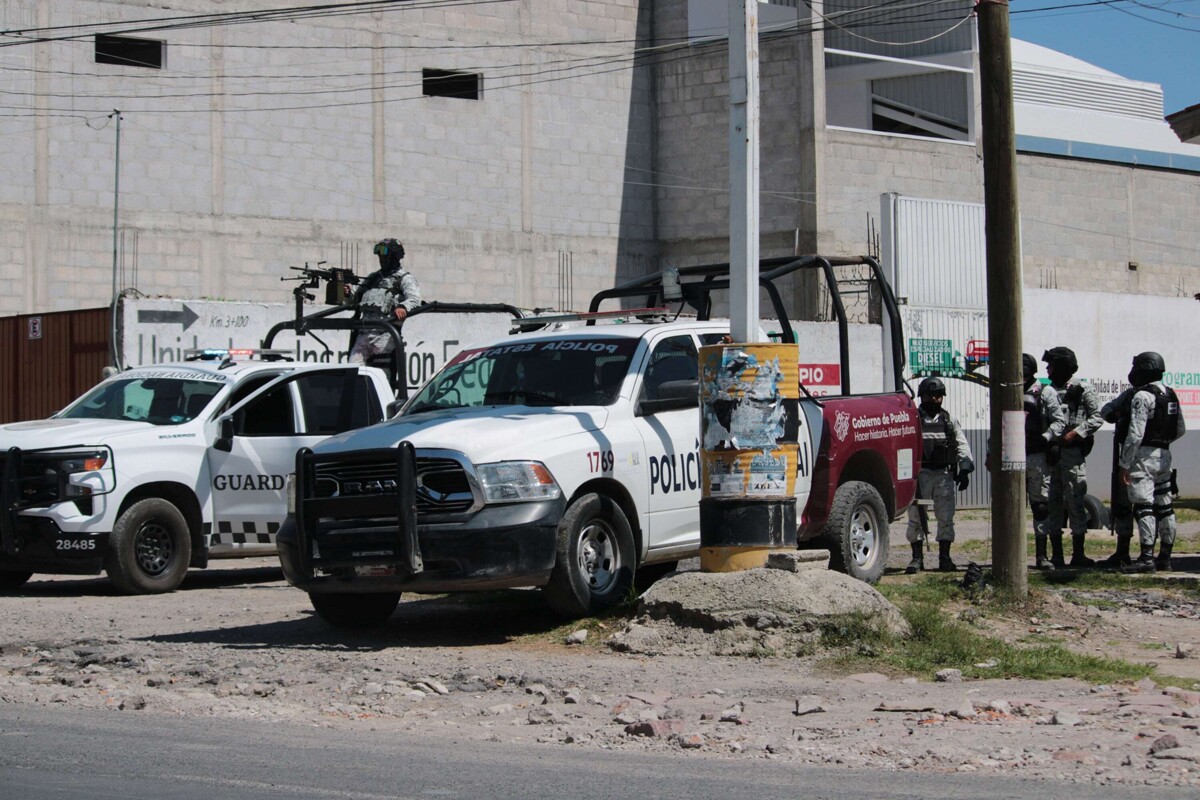
The Secretariat of Public Security (SSP) has received 16 requests from various municipalities for the installation of a state command during the handover process of their administrations, reported the head of the department, Daniel Iván Cruz Luna.
In a press conference, Cruz Luna pointed out that, by instruction of Governor Sergio Céspedes, the SSP has provided operational and administrative support to the jurisdictions facing changes in government since October 15, with the aim of strengthening the start of new administrations.
“The purpose is for the state police elements to assist municipalities and, in due course, help municipal presidents in the selection of a command through the corresponding call or recruitment,” he explained.
He also mentioned that the department has received approximately 167 requests to evaluate or revalidate municipal commands, including the 24 municipalities that already have a command from the Secretariat of the Navy (Semar).
“We continue to support the 217 municipalities of the state, bringing them the technical and administrative capabilities that municipal presidents should be aware of,” he pointed out.
Cruz Luna detailed that Puebla has more than 8,220 registered police officers, of which 87% have passed the control and trust exams and maintain their certificates. The rest are in the revalidation process, as evaluations have a validity of three years.
For his part, Governor Sergio Céspedes Peregrina emphasized that the objective of the state government is not to replace the responsibility of the municipalities but to provide them with support during the transition of the new mayors.
Finally, Céspedes reminded the mayors that they have federal resources allocated for public security, and it is their responsibility to use them effectively to protect their jurisdictions.













